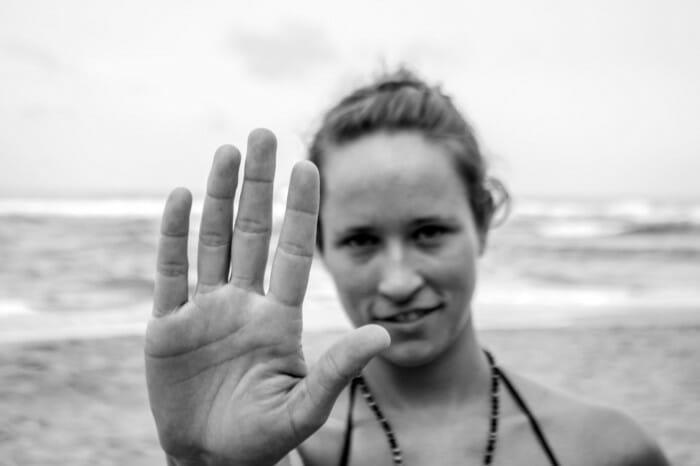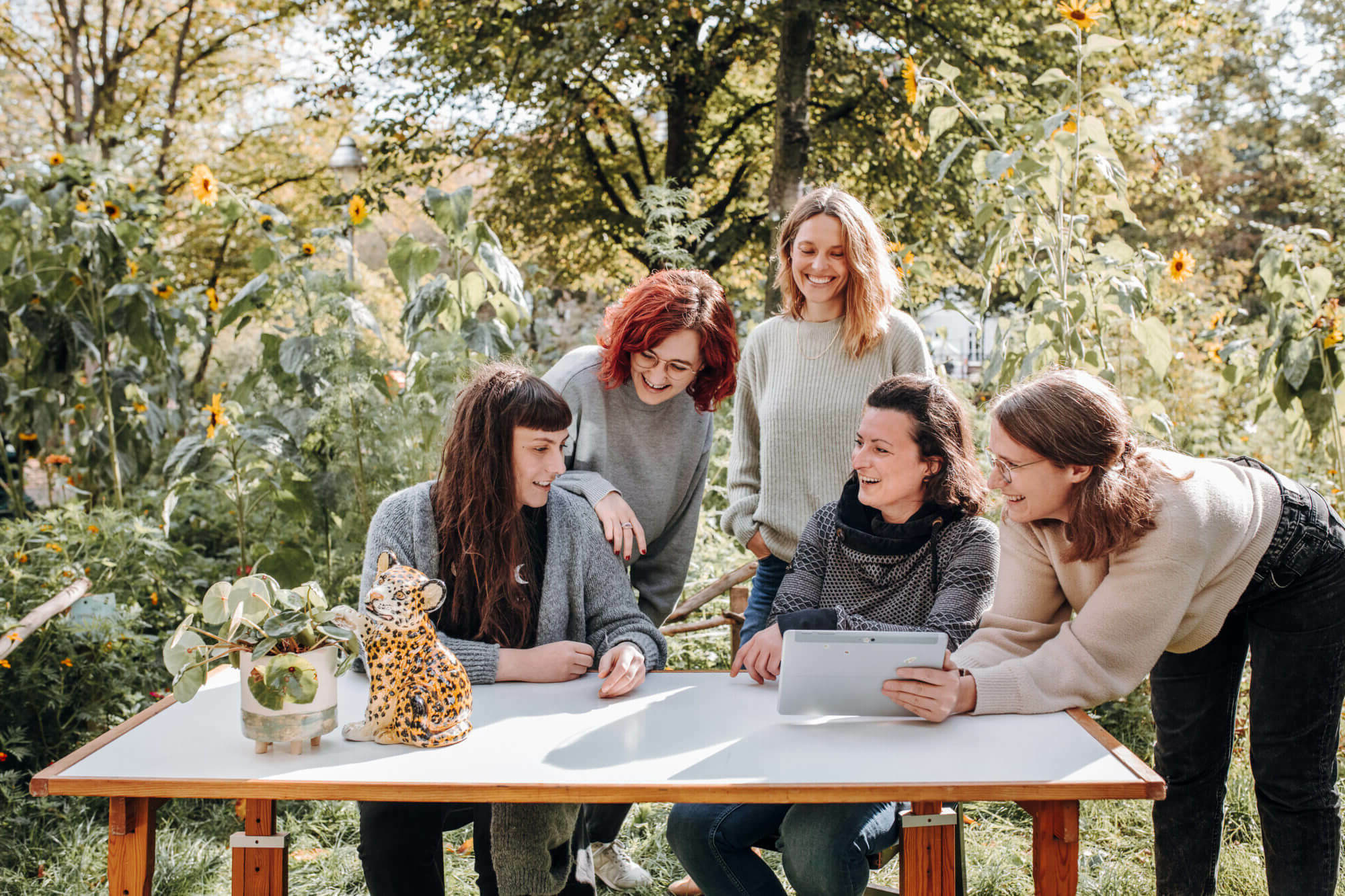
In the next part of our www & me series, we are talking to Katie Beck from The Rich Coast Project. For Katie the internet is an important tool in her endeavour to help spread the word about the ongoing land rights struggle of the Afro-Caribbean and Indigenous communities in the Southern Caribbean of Costa Rica and to document their history for future generations in order to create a legacy for their struggle.
About Katie
Katie is a human rights lawyer working in the southern Caribbean region of Costa Rica to produce a community-driven participatory storytelling and legal advocacy project. Learn more at therichcoastproject.org.
Describe your relationship with the internet in three words.
„Definitely love hate. The internet has incredible potential to facilitate human connection, yet is too often used as a replacement for actual personal interaction. It provides enormous opportunities for education and information sharing, yet web accessibility reflects and intensifies global inequality trends. It allows just about anyone to create and publish their own content, yet users are now burdened with the increasingly difficult task of distilling trustworthy and meaningful information from the endless onslaught of tweets, streams and feeds.
The internet is not, cannot, and will never be an equal substitute for actual human engagement. It is an incredible tool for communication and productivity, and can keep you connected to your friends and loved ones while you are physically apart, but it can’t give you a hug or take care of you when you are sick. Real meaning comes from real relationships.“
How has the internet changed your life?
„It’s easy to forget how relatively recent this brave new world is. I still have vivid memories of my first forays into the world wide web. This was in the days of dial up AOL connections, when the most I could think to do with this new tool was chat with my middle school friends or look up an article in an online encyclopedia for a class assignment. Over the next 15 or so years, the internet changed everything. We entered an innovation vortex of communications technology in which devices and operating systems instantly become outdated and we are left wondering how we ever functioned without our smartphone.
How could we possibly have gotten through the day without Google? What was life even like before broadband? As I studied my way through high school, college, and then law school, the internet became an increasingly important resource in both my academic and social lives. I have used it to teach myself new skills, to network, to better understand my present and to make plans for the future. It helped me travel the world by connecting me to scholarship and study abroad opportunities, and allowed me to study the topics, issues, and places that most interested me. And now it is an essential element of my work with the Rich Coast Project, a bi-national NGO working in both Boston and Costa Rica.“
Does mobile internet make you more free or more dependent?
„To me, internet is freedom. It allows me to dream big and maneuver my way through the world without fear. It helps me maintain and nurture my personal and professional relationships regardless of my physical location. It offers a platform for collaborating in virtual teams and a medium for sharing stories with a global audience. Sometimes, however, having the internet at my fingertips can also feel like a prison. When I’m living in the 4G reality of Boston, the privilege of constant connectivity comes with the expectation that you are constantly connected. And this rarely means actual human connection, which has become a scarce commodity in the modern urban reality of many.
In the tropical seaside jungles of southern Caribbean Costa Rica, my relationship with internet is quite different. It is available, but not always and sometimes not easily. People are generally more engaged with their surroundings, and eye contact is much easier to find from a stranger. Even in this remote corner of the map, though, the online revolution has changed - is changing - how communities interact with one another. As Renny Gleeson put it in his Ted Talk:
„We’re seeing a rise of availability being driven by mobile device proliferation, globally, across all social strata. We’re seeing an expectation of availability. And, with that, comes an obligation to that availability. We find a direct collision between availability and a fundamental human need - the need to create shared narratives. We’re very good at creating personal narratives, but it’s the shared narratives that make us a culture. And when you’re standing with someone, and you’re on your mobile device, effectively what you’re saying to them is, „You are not as important as, literally, almost anything that could come to me through this device.“
How can the internet help to strengthen communities and law-making processes?
„Much of the global dialogue on issues of international concern occurs online, and understandably so - after all, it’s a world wide web across which folks from every corner of the world can discuss, share ideas, collaborate on projects, teach one another, entertain each other, and connect in pretty much any way the human mind has the creativity to imagine. Just think about it. Anyone with an internet connection has instant access to a universe of information and ideas. This is a powerful tool, one that can foster equality, democracy, social mobility, and economic growth.
But all of these benefits will be felt unevenly as long as certain communities lack meaningful internet access and are thus excluded from the fruits of our heightened connectivity. This so-called „digital divide“ has caused an inherent disadvantage for many who are often already socially, politically, and geographically marginalized from the decision making processes affecting their interests.“
Thanks for the interview, Katie!
